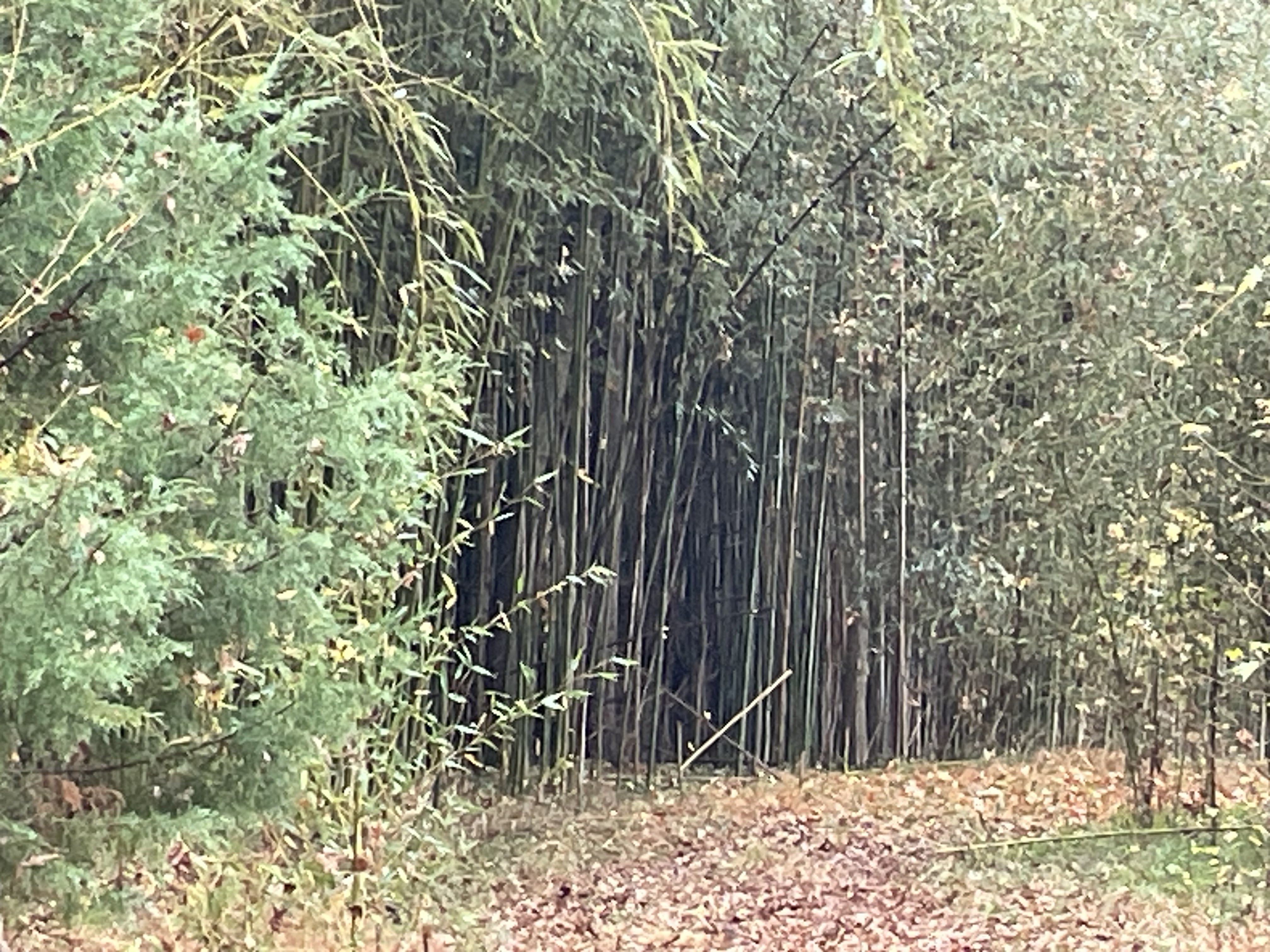Watch
Events
Articles
Market
More
US hits Iran-backed militants with 4th round of airstrikes
This is the fourth round of American retaliatory airstrikes in response to a near-daily spate of attacks on U.S. forces in Iraq and Syria by Iran-backed groups. The attacks began in mid-October, 10 days after Hamas' deadly terror attack on Israel. The Pentagon counts more than five dozen such attacks since then.
https://www.msn.com/en-us/news..../world/us-hits-iranb



An OOMlich carnival video.
Tell me about a Strange thing that intrigues you!
Every working day I post an OOM for the Strange things of our Maker.
ofourmaker.com
#dailyoom



#searchandrescue First training ever. Took several photos including walking trees and a huge bamboo forest




#searchandrescue First training ever. Took several photos including walking trees and a huge bamboo forest



